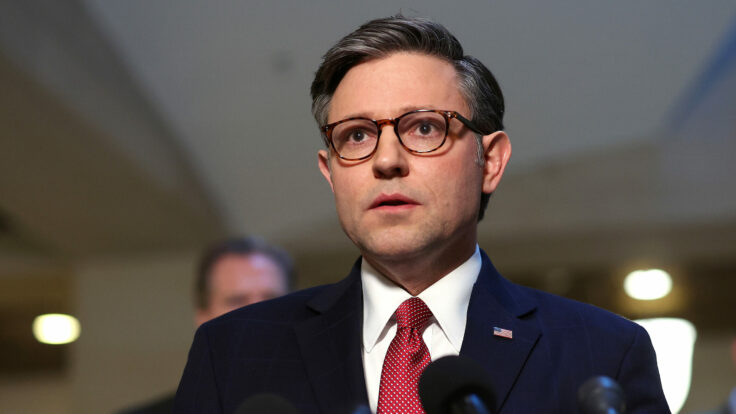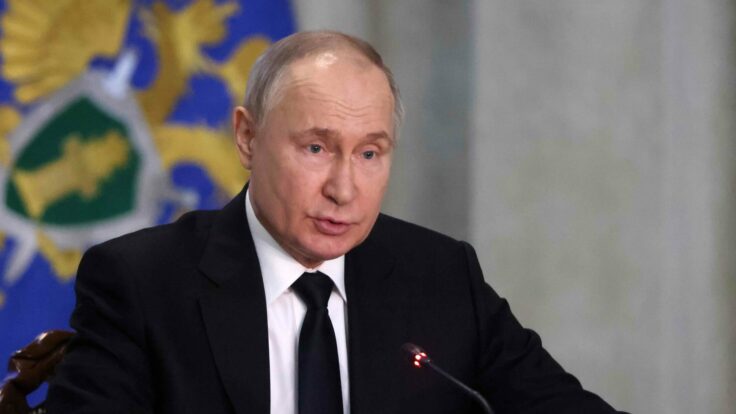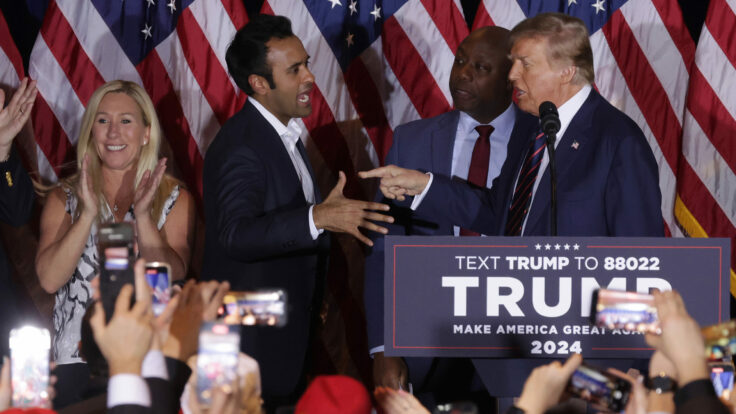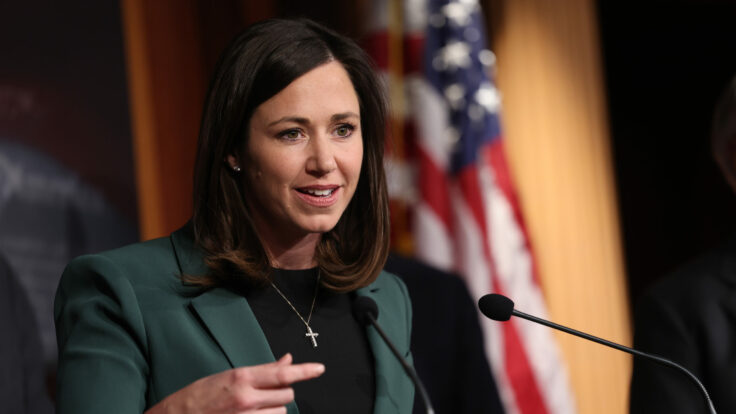On February 23, national security advisor Jake Sullivan was scheduled to meet Yuri Ushakov, foreign policy advisor to Vladimir Putin, in Helsinki. But, according to three sources, both in Moscow and Washington, that meeting was canceled at the last minute—not because of the Russian invasion of Ukraine that Putin had planned for the following day, but because Ushakov came down with Covid. Otherwise, the meeting would have gone ahead. For Sullivan, who knew the invasion was coming, the planned conversation with Ushakov would have been yet another Hail Mary, last-ditch effort to stop a looming catastrophe—or, at the very least, a final warning to the Kremlin that there would be serious consequences. (A spokesperson for the National Security Council said this was “not accurate,” but did not clarify further.)
But according to people close to Ushakov, the Kremlin advisor was, like most everyone else in Moscow, completely convinced that the invasion was not happening, that all those Russian troops massed on Ukraine’s borders—tens and tens of thousands of them—were there for bluster and optics, to add some oomph to the negotiations he and the Foreign Ministry were leading all winter. On the morning of the 24th, however, Ukrainians, Russians, and the rest of the world found out that those troops hadn’t been there to bluff after all; they’d been there to invade. Since then, there have been dozens of accounts of surprise up and down the ranks of the Russian state, from published accounts of soldiers not knowing where they were going to stories circulating around Moscow of members of the presidential administration learning about the invasion that morning in their pajamas.

















